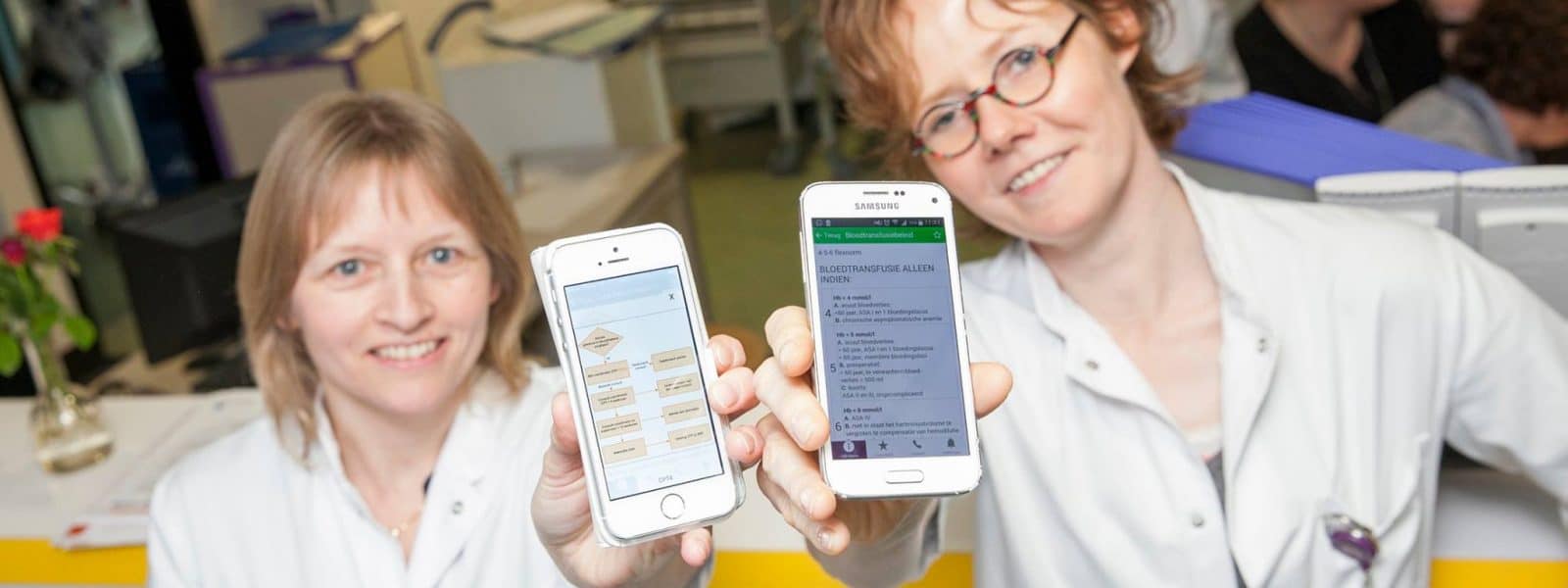Onze natuur is belangrijk. We gaan ons verdiepen in de invloed die het op ons heeft tijdens het werk.
Are we human because of unique traits and attributes not shared with either animal or machine? The definition of “human” is circular: we are human by virtue of the properties that make us human (i.e., distinct from animal and machine). It is a definition by negation: that which separates us from animal and machine is our “human-ness”.
We are human because we are not animal, nor machine. But such thinking has been rendered progressively less tenable by the advent of evolutionary and neo-evolutionary theories which postulate a continuum in nature between animals and Man.
Dit is een blockquote; opvallend, groot en speciaal voor quotes ontworpen.
Our uniqueness is partly quantitative and partly qualitative. Many animals are capable of cognitively manipulating symbols and using tools. Few are as adept at it as we are. These are easily quantifiable differences – two of many.
Qualitative differences are a lot more difficult to substantiate. In the absence of privileged access to the animal mind, we cannot and don’t know if animals feel guilt, for instance. Do animals love? Do they have a concept of sin? What about object permanence, meaning, reasoning, self-awareness, critical thinking? Individuality? Emotions? Empathy? Is artificial intelligence (AI) an oxymoron? A machine that passes the Turing Test may well be described as “human”. But is it really?
- Lorem ipsum dolor sit amet
- Mauris vel pulvinar ipsum
- Maecenas quis purus in ipsum dictum
- Fusce rhoncus venenatis libero quis
- Integer mattis quis ligula in volutpat
Literature is full of stories of monsters – Frankenstein, the Golem – and androids or anthropoids. Their behaviour is more “humane” than the humans around them. This, perhaps, is what really sets humans apart: their behavioural unpredictability. It is yielded by the interaction between Mankind’s underlying immutable genetically-determined nature – and Man’s kaleidoscopically changing environments.

